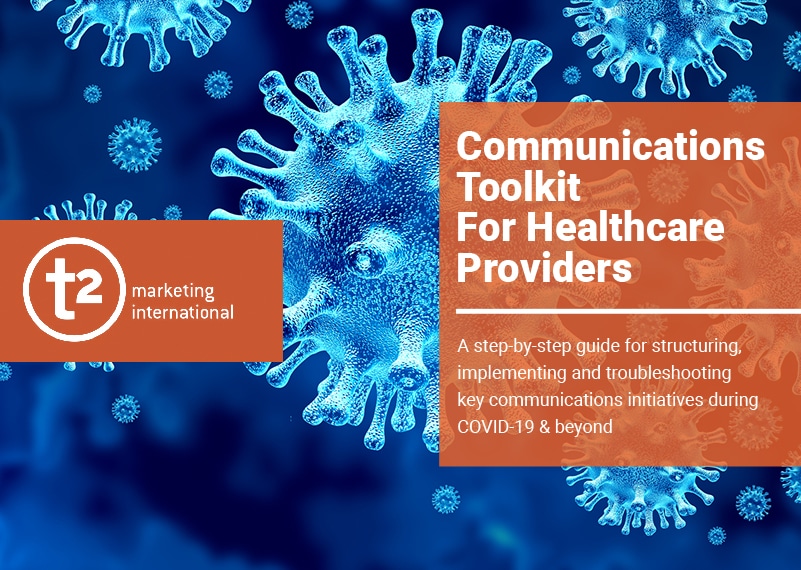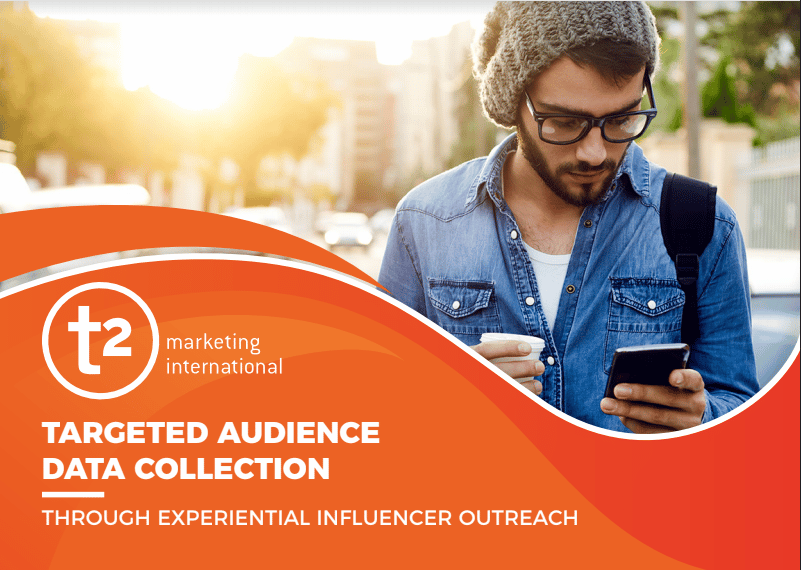This post originally appeared on CoreyPadveen.com.
When should negative comments on social media be addressed, and how?
I was recently speaking at a conference in Las Vegas, and a particular question kept popping up: “How and when should I deal with negative comments on social media?”

Photo credit: emich.edu
The most common answer is that every brand needs to deal with every negative comment that arises for fear that a single, unaddressed issue will sink a company. But that’s not true. I know that this opinion isn’t the most popular one, but it’s the reality. If we truly aspire to transition into fully integrated social enterprises, then we are going to have to implement a strategy that evaluates, grades and prioritizes negative comments on social media on a case by case basis.
Negative comments and remarks on social channels can be fairly tricky. On the one hand, you want to address those that openly criticize your brand. On the other hand, you don’t want to get into an argument on a public forum. Jay Baer puts it really well: Anything past a second comment, and you’re in an argument.(I’m paraphrasing, but that’s the idea.)
There are two things you want to consider when it comes to handling negative comments.
First, when it comes to a large scale crisis, you want to have a carefully laid out plan in place. When there are comments coming from every which way, you’re simply not going to be capable of handling every one. That is especially true for a brand with a large following. So you’ll want to have a certain set of criteria that outline who gets attention. Does they user have a large following? Have they been a longtime, loyal customer? Do they hold a degree of influence with social users that you would deem to be of high-value to your business? Are they making a valid point, or simply trying to cause a problem by leaving a comment?
These and several other factors should determine the priority by which you answer unhappy customers. You also want to set a cutoff time. If you respond to someone hours after they tweet about your brand, you might revive a sentiment that they had long since moved past, and that presents a whole new problem.
On a smaller scale, when someone posts a negative comment, you will want to have a strategy in place to deal with it sooner rather than later. Again, responding on a public forum hours or even days after a post appears can be as detrimental as ignoring something.
Identify whether or not a user has a legitimate complaint. (After all, sometimes so called ‘trolls’ just want to smear a brand, at which point blocking them might be a good option, but use that carefully.) If they do, handle it as you would any customer service issue. Showcasing that you care and are interested in finding a solution is something people appreciate – whether they issued the complaint or are simply monitoring the conversation.
Often times, addressing negative comments is a case-by-case issue, but having strategies for both versions in place so that you can deal with these issues easily and without any major hiccups is important.





